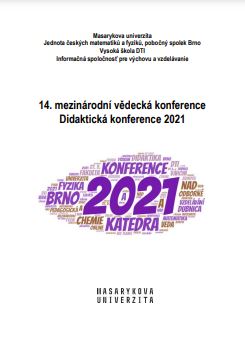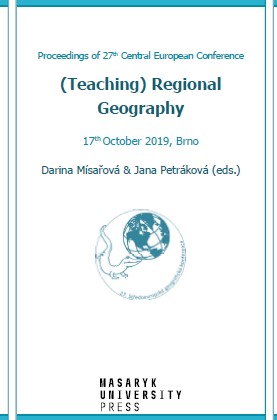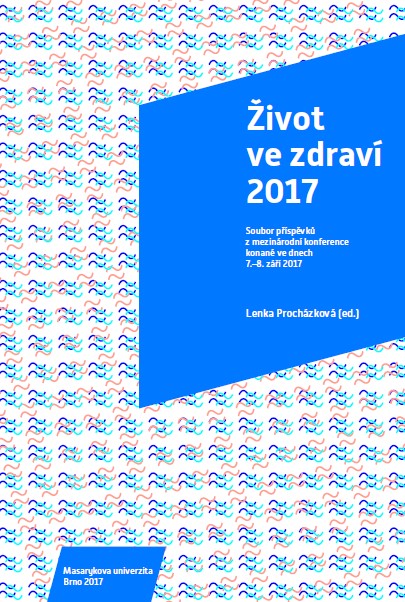
Organizační učení jako předpoklad
Vedení k organizačnímu učení musí vycházet jak z teorie učení, tak z teorie organizační, která se zabývá fungováním organizace. Úspěšnost vedení lidí závisí na mnoha faktorech, ale schopnost přimět příslušníky organizace k práci na společných cílech je zásadní. V této kapitole si všímáme vybraných teorií vztažených k organizačnímu učení a ukážeme, jak se s tímto tématem pracovalo v projektu LOV/LaA, který je blíže popsán v 9. kapitole. Vedení lze chápat jako procesy, které probíhají mezi členy organizace (Møller, 2006), přičemž ve škole je hlavní pozornost zaměřena k její hlavní činnosti, tedy ke vzdělávání a učení. V interakci mezi lidmi v organizaci se mění jejich postoje, povědomí o problémech a způsobech jejich řešení. Dochází tak k individuálnímu i ke skupinovému učení. Vedení, kdy dochází k učení, lze nahlížet jako formu odborného vedení, odlišného od plnění běžných administrativních úkolů, které také spadá do odpovědnosti vedoucího pracovníka. V našem kontextu – podpory učení ve školách – je tedy odborné vedení hlavním tématem a v tomto textu se budeme držet termínu pedagogické vedení (educational leadership). Wadel (1997) tvrdí, že pedagogické vedení se namnoze týká učení a rozvoje školy: Pedagogické vedení je spojeno s výsledky učení v organizaci. Hraje tedy významnou úlohu pro rozvoj a změnu její kultury. Pro výkon pedagogického vedení je nezbytné nastavení takových předpokladů pro učení a rozvoj učebních systémů, jaké zajistí učení v organizaci a její rozvoj. Znamená to, že pedagogické vedení má mimořádný význam pro rozvoj té součásti organizační kultury, kterou můžeme nazvat kulturou učení v organizaci. (Wadel, 1997, s. 39)
More...


